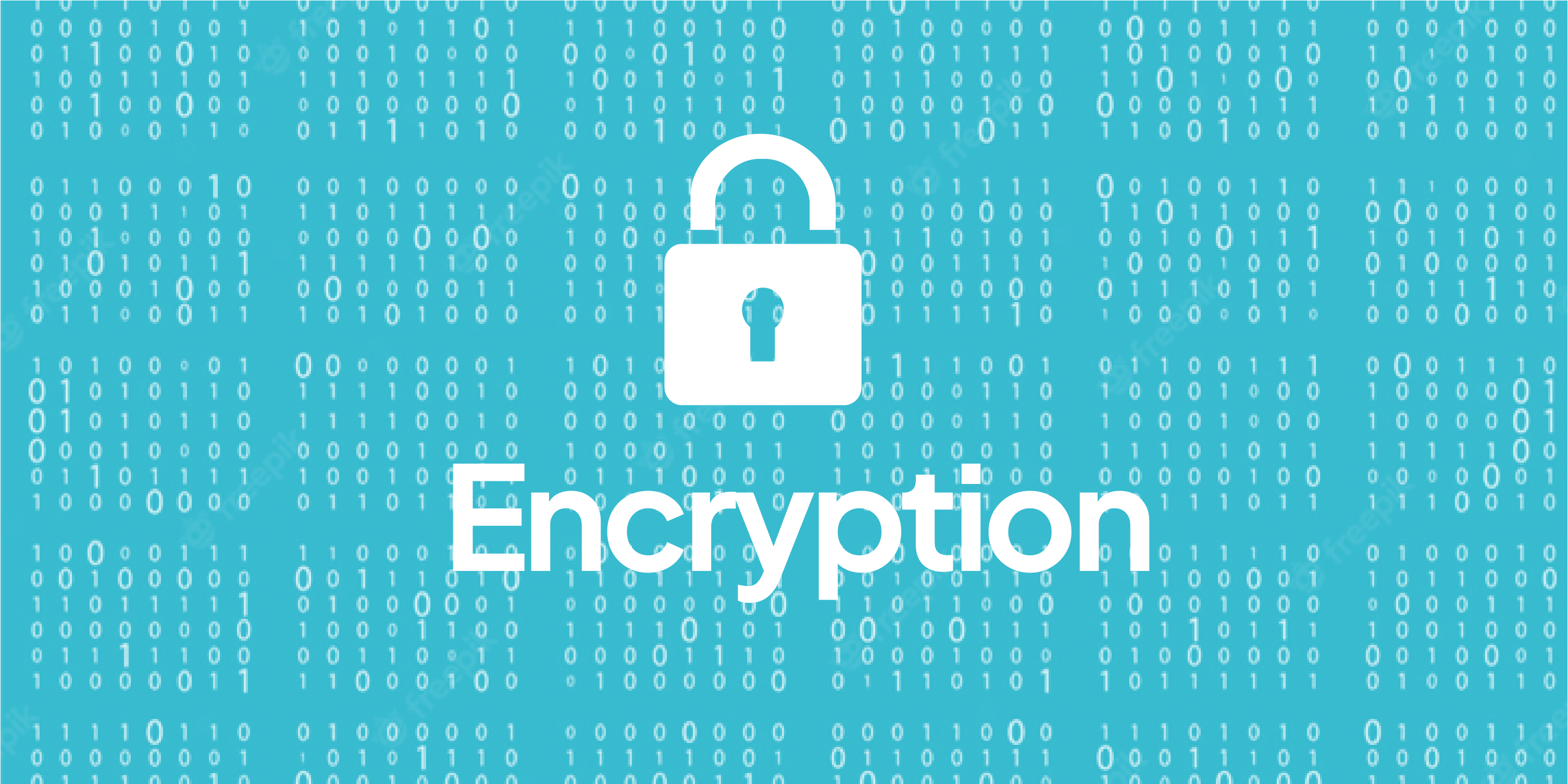
How Cloud Storage Protects Your Files?
By Ranggi R.
Published on December 22, 2022
What Is Accessible Needs Guaranteed Safety.
Cloud storage has become more popular. Everyone and every entity store their digital assets using cloud computing systems, and it is expected to continue to grow rapidly.
According to cloud computing statistics, 45% of people store sensitive data in the cloud, including password and login information (27%) and financial information (18%).
When many people have a desire to store confidential information and most important files in cloud storage, it means that cloud storage has something that is not only a place to offer solutions to anyone, but also a place that you can trust.
Additionally, it affects organizations as well. Since cloud storage has grown rapidly, companies are now being selective in choosing cloud storage. Where the important factor is security, followed by spending and governance. Hence, cloud storage is now the primary repository for digital asset storage and a backup solution.
How Cloud Storage Keeps It
Cloud storage has been designed unlike local storage, it allows people to store data digitally to secure and protect digital assets against malware, and also prevents data loss due to human error. Since accidental deletion is the main cause of data loss, cloud storage makes it possible for everyone to recover deleted data.
Considering that local storage is far more likely to get corrupted and cause stored data to become inaccessible or lose it all in an instant. On the other hand, cloud storage has always been a one-stop solution for data backup, since it reduces the risk of data loss significantly.
With multiple servers housed in data centre and patrolled by experienced staff within a 24/7 digital security team, it’s becoming increasingly difficult for cybercriminals to get their hands on them.
3 Tips to Add More Self-Protection
Like cloud storage, you have an important role to play in keeping your digital assets safe and also not allowing your assets to be lost. There are plenty of advantages to storing digital assets in cloud storage, so why do not you add more benefits to it? Take care of your digital assets with simple actions.

1. Activate Two-Factor Authentication
Cloud storage services mostly provide two-factor-authentication (2FA) to protect your account. When you try to log in to your account, you add a username and password. However, instead of logging in right away, you need to add a verification code first that is sent to your email address or to your phone number, to make sure it’s you who wants to gain access.
Tips: Make sure you enable this setting to prevent your account from attackers trying to break into your account.

2. Disconnect your devices
If you are not using a device that you usually use to access cloud storage, it is highly recommended to sign out of your account. Leaving your device logged in to your cloud storage account when you’re not using it only puts your digital assets at risk and gives others easy access to what you store. Do not forget to always sign out when you are done.

3. Encryption
When someone encrypts his/her data, it means that the data can only be accessed by those who have access to the encrypted data. Even if a thief successfully steals the device he/she uses to manage digital assets, they cannot read the data or access it.
Although your data is safe with encryption, it would be a waste if you do not keep your encryption key properly. Losing an encryption key means not having any access to your own digital assets. The worst case of losing encryption keys is that hackers potentially own them and can access them freely.
Prevent Earlier and Resolve Faster
Furthermore, you can’t solely rely on random cloud storage. With enhanced security solutions, organizations or companies will be able to secure sensitive data effectively and confidently.
Continue reading to learn about 4 types of cloud storage you might consider about using.